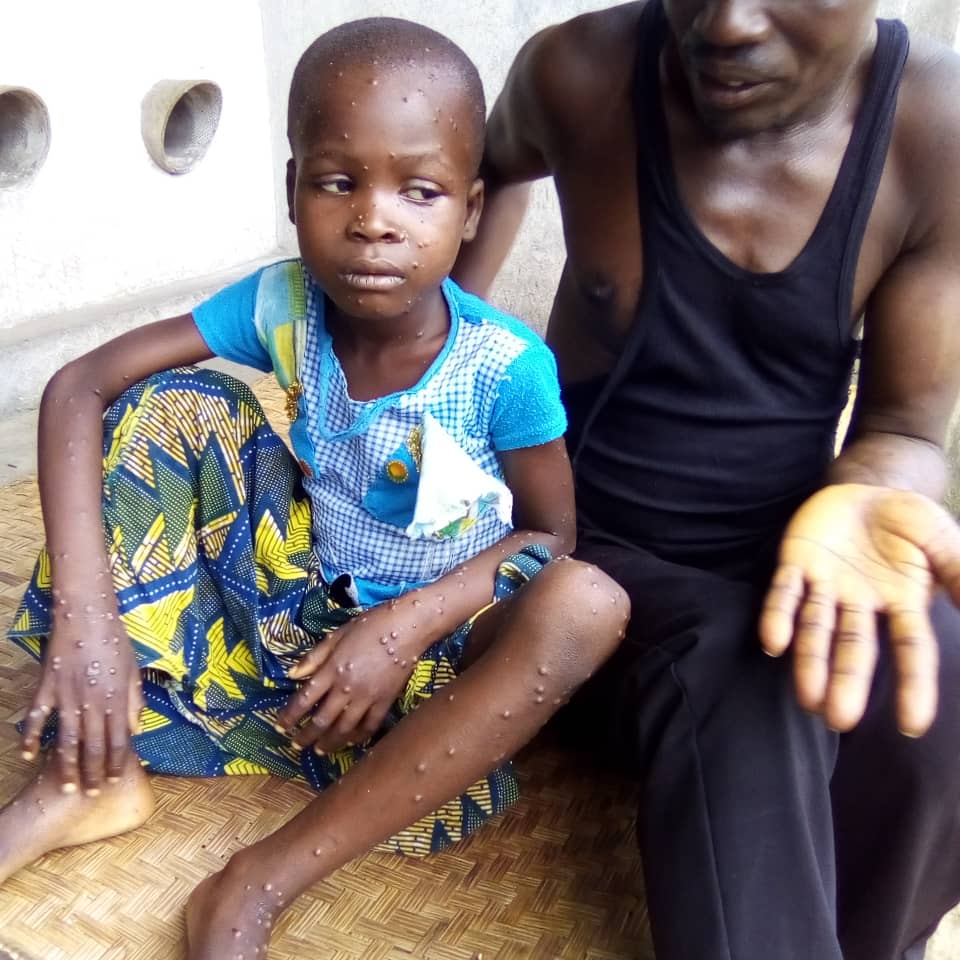AGRICULTURE NEWS - On Wednesday 22 June, the National Institute for Communicable Diseases (NICD) confirmed the first laboratory-verified case of monkeypox in South Africa. The NICD confirmed that the case involved a 30-year-old male from Gauteng.
The first symptoms of monkeypox are usually a high fever, swollen lymph nodes and a chickenpox-like rash.
The virus usually disappears after two to three weeks. Monkeypox is a rare viral disease from the same family as smallpox but is much less severe. It occurs mostly in remote parts of central and west African countries, near tropical rainforests.
According to the World Organisation for Animal Health (WOAH), previously OIE, monkeypox is a viral zoonotic disease. It is maintained in nature through circulation among different susceptible rodents, like rats, and can occasionally spill over to non-human primates and humans.
The virus can be transmitted to either humans or susceptible animals through contact with an infected animal, human or materials contaminated with the virus.
The WOAH states that monkeypox can be transmitted via bites, scratches, or direct contact with bodily fluids. Thus far there is no documented evidence that the virus can be transmitted from humans to animals.
For those questioning whether animals can be affected, the WOAH has determined that certain wild mammals are in fact susceptible to the monkeypox virus.
This includes rope squirrels, tree squirrels, Gambian pouched rats, dormice, and non-human primates among others. Thus far the WOAH have not received any reports of livestock infection or any evidence that domestic animals can be affected by the virus.
Evidence to date, and in line with the WOAH assessment, is that monkeypox can not be considered an emerging disease, despite the recently increased morbidity and spread to new geographical areas. Even though natural transmission from animals to humans has been reported in the past, in the current outbreak, there is no evidence of animal-to-human or human-to-animal transmission.
Furthermore, there is no evidence that monkeypox has an impact on the health of domestic animals. The increased morbidity and spread to new geographical areas have only been observed in humans.
Signs of infection and preventative measures
Clinical signs of the monkeypox virus are species- and age-dependent.
In species that present clinical signs of infection with the monkeypox virus, animal health professionals should be on the lookout for:
- Increase in body temperature
- Appetite changes
- Conjunctivitis and/or ocular discharge
- Coughing or sneezing
- Abnormal sounds during auscultation of the lungs
- Skin lesions with or without pruritus
- Palpable lymph nodes
Samples for testing can be taken from lesions, scabs, and/or discharge from eyes, noses or mouths. Alternatively, blood samples can be used.
The Virus Neutralisation Test (VNT) is the recommended diagnostic test for detecting poxvirus antibodies.
It is always best to take preventative measures since there is a potential risk of spillback to susceptible animals.
The WOAH suggests the following preventative measures:
- Safely dispose of any medical and other waste. Ensure it is not accessible to rodents or other scavenger animals.
- People who are suspected or confirmed to be infected with the monkeypox virus should avoid close or direct contact with animals, including domestic animals, livestock and other captive animals, as well as wildlife.
- Wash hands after handling wild animals.
- Take precautions to avoid being bitten or scratched by animals.
- Avoid contact with susceptible animals.
- Do not touch wild animals that are sick or have died of unknown causes.
- Do not eat raw wild animal meat, uncooked or undercooked food or food made with wild animal blood.
- Immediately inform the Veterinary Services if you find a sick or dead wild animal.
- Visit a health clinic or doctor as soon as possible in cases of a scratch or bite from a wild animal.
 Photos: Dr George Tshilenge, from Central Veterinary Laboratory Kinshasa, DRC.
Photos: Dr George Tshilenge, from Central Veterinary Laboratory Kinshasa, DRC.
'We bring you the latest Garden Route, Hessequa, Karoo news'
















